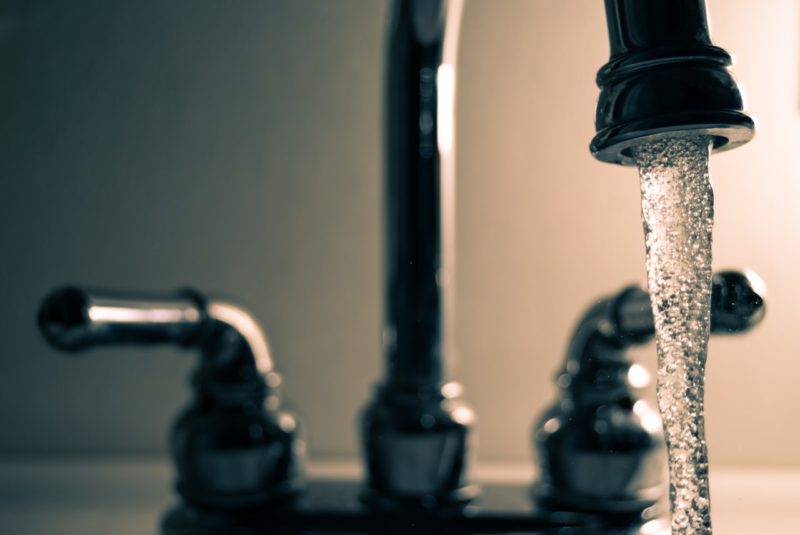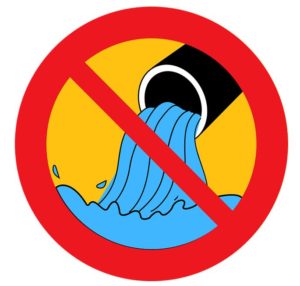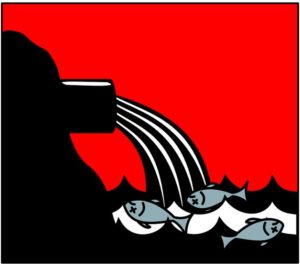
Water is one of the most important resources in the world. Nations spend billions every year trying to ensure that every citizen has enough water for their daily use. This has seen billions of litres of water being pumped into our homes and businesses every year.
Despite this, development, population growth and other factors have increased the need to have more water. These factors have also contributed to the immense wastage of water which is hurting the environment.
In the UK, it is estimated that the average person uses 150 litres of water every day. This is a lot of water for one person. Multiplied by the entire population in the UK, and you will find that there is a lot more water being used today that twenty years ago.
Commercial establishments tend to use higher quantities of water at any given time than domestic properties. The question, therefore, is not what they use the water for but how they use it.
It is not strange to find water being wasted in restaurants and catering businesses as drains are ever flowing with water generated from activities such as dish washing, general cleaning and even food prep.
This water is called greywater.
Much of this greywater is reusable and can help reduce water wastage which will eventually ensure that there is more water for everyone and that the environment is kept safe. However, it is important to understand how and when to use greywater.

Measures Have Been Taken
Wastage of water does not go unnoticed. That it is why the Love Water Campaign was founded, to get people to use water more responsibly. The Love Water Campaign aims to sensitise people on responsible usage of water. Their aim at protecting water is backed by a number of different organisations in the UK.
All businesses can play a role in the proper utilisation of water by following the guidelines provided by the Love Water Campaign. You can also work by minimising the amount of water you waste by investing in a recycling system.
Collection and Use of Grey Water
It is possible to use greywater for other purposes in a commercial setting. All you need is a greywater recycling system that will collect all the water you pour down your sink and in drains before filtering it and pumping it back into areas like your toilet for flushing and washing machine. Businesses who choose to liven up their premises with a few plants for decoration can also use greywater to regularly hydrate their foliage. Greywater should never be used for cooking or during food preparation for hygiene and food safety reasons.
There are a number of treatments available each dependent on where the greywater has come from and what it may potentially harbour e.g. food debris. While processes such as septic tanks, ‘wetland’ and ‘sand filter’ methods are effective, many businesses will not have the time or resources to implement these treatments. A ‘direct use’ system for the watering of plants and a mechanical filter system for other uses is the most viable for many premises. Mechanical filters operate by collecting greywater and pumping it to a tank where it is treated (typically with chlorine) before being redirected to wherever it’s needed.

Recycling of greywater comes with a few rules and advisories as it involves collecting dirty water and reusing it in establishments that need to maintain the highest hygiene standards. Here are some things to consider before you set up a greywater recycling system.
-
Untreated greywater is not to be stored
For the most part, greywater contains organic materials which tend to decompose and produce odours if stored for too long. This can paint a bad picture and bring about unwanted consequences for your business. Make sure that whatever greywater you collect is recycled and used immediately.
-
Use a grease trap
You could also consider using a grease trap to collect the FOG that gets washed down the drains in a commercial kitchen. This prevents the accumulation of harmful food debris and solids as well as FOGs to make grey water a little less grey. Make sure to clean these grease traps regularly for efficiency purposes.
-
Have as little contact as possible with greywater
For hygiene purposes, minimum contact with greywater is always advised. There is a lot of waste going down the drains in a commercial establishment, especially if you handle many customers in a day. Maintaining minimal contact for ‘direct use’ systems allows you to maintain optimum hygienic conditions in your premises. Any mechanical filter system should be located well away from any food storage, food preparation and cooking areas.
-
Your greywater treatment system should not pose a danger to the environment
Other than reducing total water usage, one of the main reasons to recycle greywater is to keep the environment safe by minimising the number of pollutants entering water systems and rivers as a result of commercially treated greywater. Therefore, make sure that any mechanical filter system you use reflects this endeavour. This means avoiding chemicals that can harm the environment.
There are many different ways to ensure the preservation of water for the sake of the environment. Carrying out these practices in a business can be challenging, the benefits however, involved in recycling greywater makes it a worthy venture.

Leave a Comment
Your email address will not be published. Required fields are marked *